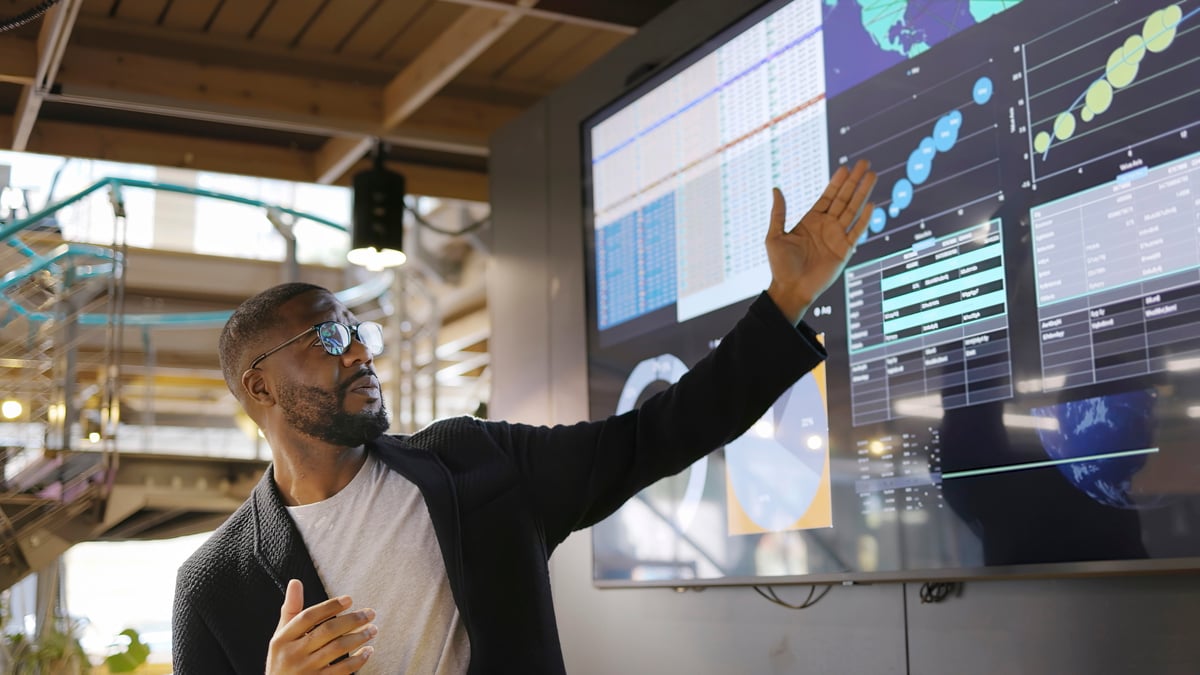Just after announcing that it's adding payments to its Messenger app, Facebook (FB 1.32%) is reportedly opening up the doors to developers to expand on its popular app. At its F8 developer conference this week, Facebook announced new ways for third parties to offer experiences through Messenger.

The new Messenger App Store includes apps from dozens of developers already. Source: Facebook.
Messenger Platform allows developers to develop apps that integrate closely with Messenger. Businesses on Messenger allows businesses to communicate directly with customers and accept payments through Messenger's new payments capability. Both are clear indicators that Facebook is getting more serious about monetizing one of its most popular services.
Opening up the lines of communication
During Facebook's second-quarter conference call last year, CEO Mark Zuckerberg informed analysts that the company is going to be very deliberate in the way it integrates businesses into Messenger. He likened Messenger to where Facebook's flagship platform was in 2006 or 2007 -- when it was used solely as a friend-to-friend communication tool. Then they created Pages, and users had organic interactions with businesses on Facebook.
That seems to be the next step for Messenger -- the equivalent of Pages.
Facebook hopes that it can solve problems for both businesses and consumers, as it did with Pages. VP of Messaging Products David Marcus told Wired in November that airlines are the perfect example of where communication between businesses and customers falls flat. The same could be said of pay-TV operators and their notoriously awful customer service.
Facebook wants to help develop a service that businesses would be willing to pay for to improve communication with customers. To do that, it has to open up to developers and work with the businesses. The promise that customers will be able to send payments directly via Messenger is a nice carrot to dangle in front of businesses, too, in order to get them working with Facebook.
Early partners with Businesses on Messenger include retailer Zulily -- which will send receipts, shipping notifications, and notifications when items are back in stock -- as well as FedEx and USPS -- which send package tracking messages.
Copying other messaging apps
Several other messaging apps have opened their platforms to third parties.
Most recently, Snapchat gave select partners the opportunity to share content with its users via its new Discover feature. Content owners are able to advertise against their content, and most gross $50,000 to $100,000 per day in ad revenue, according to Re/Code. Snapchat keeps 30% to 50% of the ad revenues. A similar service from Facebook could get people used to receiving content from businesses and presents a small revenue opportunity for the company.
Japanese messenger Line has a whole bunch of homegrown apps that add new features to its app such as more stickers, emoji creators, photo sharing, and drawing. Line also allows users to follow accounts of public figures and receive updates. Those are both things Facebook could copy to generate revenue or increase organic interactions with businesses.
WeChat -- the most popular messaging app in China -- has catered more toward businesses through online commerce. WeChat users are able to use the app to buy a movie ticket or pay for taxis. That represents one of Facebook's biggest near-term opportunities now that it has implemented a payments feature into the app. What's more, U.S. consumers are getting used to using their phone for those types of purchases through apps such as Fandango and Uber.
The path is getting clearer
When Zuckerberg spoke of Messenger and the potential for it to overlap with payments and integrate with businesses eight months ago, the vision he had wasn't exactly clear. He spoke vaguely on the company's second-quarter earnings call, but now the path to monetization is getting much more clear.
That's great news for investors, considering the next quarter Zuckerberg indicated that he didn't think it was really necessary to think about monetizing services until they reached a billion users. Between Messenger and WhatsApp, Facebook has around a billion people using at least one of its messaging apps, so you could argue he did wait. Still, moving forward with plans to get more "third parties" on Messenger is key to extracting value out of the huge user base that use the app -- some even use the app as their primary means of accessing Facebook.
With hundreds of millions of people using the Messenger app, it's a huge opportunity going forward. It looks like the "multiple years" Zuckerberg noted in the earnings call last summer may be just a couple.






